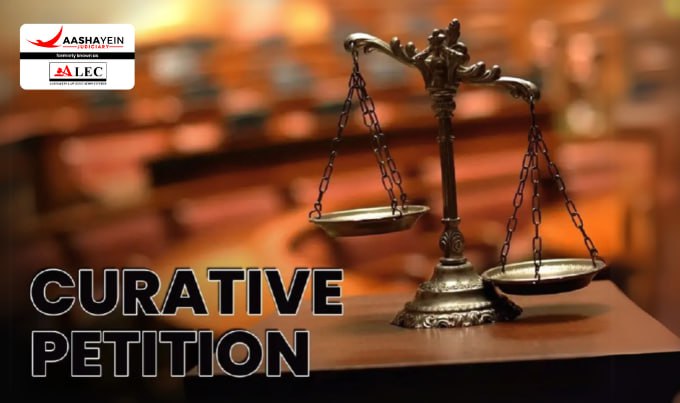The case of Rupa Ashok Hurra vs Ashok Hurra is a landmark case to analyze the jurisdiction of the Supreme Court. It began when Mrs. Rupa Ashok Hurra was dissatisfied with a decision of Apex Court and under Article 137 of the Indian Constitution sought a review of the judgment. But her petition was dismissed. Peculiarly, during the dismissal, the bench identified several important constitutional questions and sent them to a larger constitutional bench. These issues centered on whether the apex court can exercise appellate jurisdiction dealing with SLPs and the constitutional authority to permit such appeals where fundamental rights or consent decrees have been violated. It also engaged the issue of whether to uphold the principle of the finality of judgments or to do justice in reaching the decision. This case therefore forms the subject of the exploration of the working of the court of appeal and the balance of the constitution and principles of justice and constitutional democracy.
Facts:
The Supreme Court first heard the matter as a civil appeal, and it rendered a decision. Following the ruling, the petitioner attempted to contest the judgment in a review petition, but it was denied. The petitioner subsequently challenged the legality of the civil appeal's ruling in a writ petition filed under Article 32 of the Constitution. The writ petition was referred to a five-judge Constitution Bench by a three-judge Supreme Court bench.
You can also read the Blog by visiting [Blog]
For more information, visit [Aashayein Enquiry Section]
Issues:
The main issue before the Constitution Bench was to determine if a person, unhappy with a final Supreme Court judgment and whose review petition has already been dismissed, could seek any further remedy under Article 32 or any other legal provision.
Contention by the petitioner:
Mrs. Rupa Ashok Hurra argued that the Supreme Court has the power to review its own decisions to correct mistakes, ensuring justice and fairness. She claimed that amending the consent decree based on mutual agreement was an error that caused injustice, and she sought to restore the original terms. She also argued that changed circumstances justified withdrawing her consent for divorce. Lastly, she raised constitutional concerns about the court’s review powers, emphasizing the need to protect principles of justice, fairness, and due process.
Contention by the defendant:
In the case, Mr. Ashok Hurra argued that the consent decree was final and binding as it was mutually agreed upon and recorded by the court, making unilateral revocation invalid after a long time. He supported the Court's modification of the decree, claiming it was a valid exercise of judicial power to address perceived injustice. He also defended the Supreme Court's jurisdiction to review its own judgments, particularly to correct manifest errors, asserting that such powers were necessary to ensure justice and fairness in line with constitutional principles.
Held:
The Constitutional Bench held that a final judgment or order of the Supreme Court cannot be challenged under Article 32 of the Indian Constitution, regardless of whether the person seeking relief was a party to the original case. The scope of Article 32 does not extend to questioning a decision that has already undergone review under Article 137 and the Supreme Court Rules, 1966.
However, the Court recognized its inherent power to reconsider its judgments in extraordinary circumstances. This power may be invoked only to prevent abuse of the judicial process or to rectify grave injustice. Such reconsideration is permitted in rare cases, where the injustice is evident or the judgment was rendered without jurisdiction. To file a curative petition for this purpose, the petitioner must obtain a certification from a Senior Advocate affirming that the conditions for reconsideration are satisfied.
The case of Rupa Ashok Hurra was instrumental in formalizing the concept of curative petitions within Indian jurisprudence. In this landmark decision, the Supreme Court laid down the framework for filing curative petitions, providing individuals a final avenue to seek redress in cases of grave injustice or apparent errors in judgments. The Court clarified that a curative petition may only be filed after all other legal remedies, including a review petition, have been exhausted. Furthermore, it mandated certification by a Senior Advocate to validate the petition's credibility. This judgment not only established a structured procedure for curative petitions but also ensured a balance between fairness and the prevention of judicial abuse.

